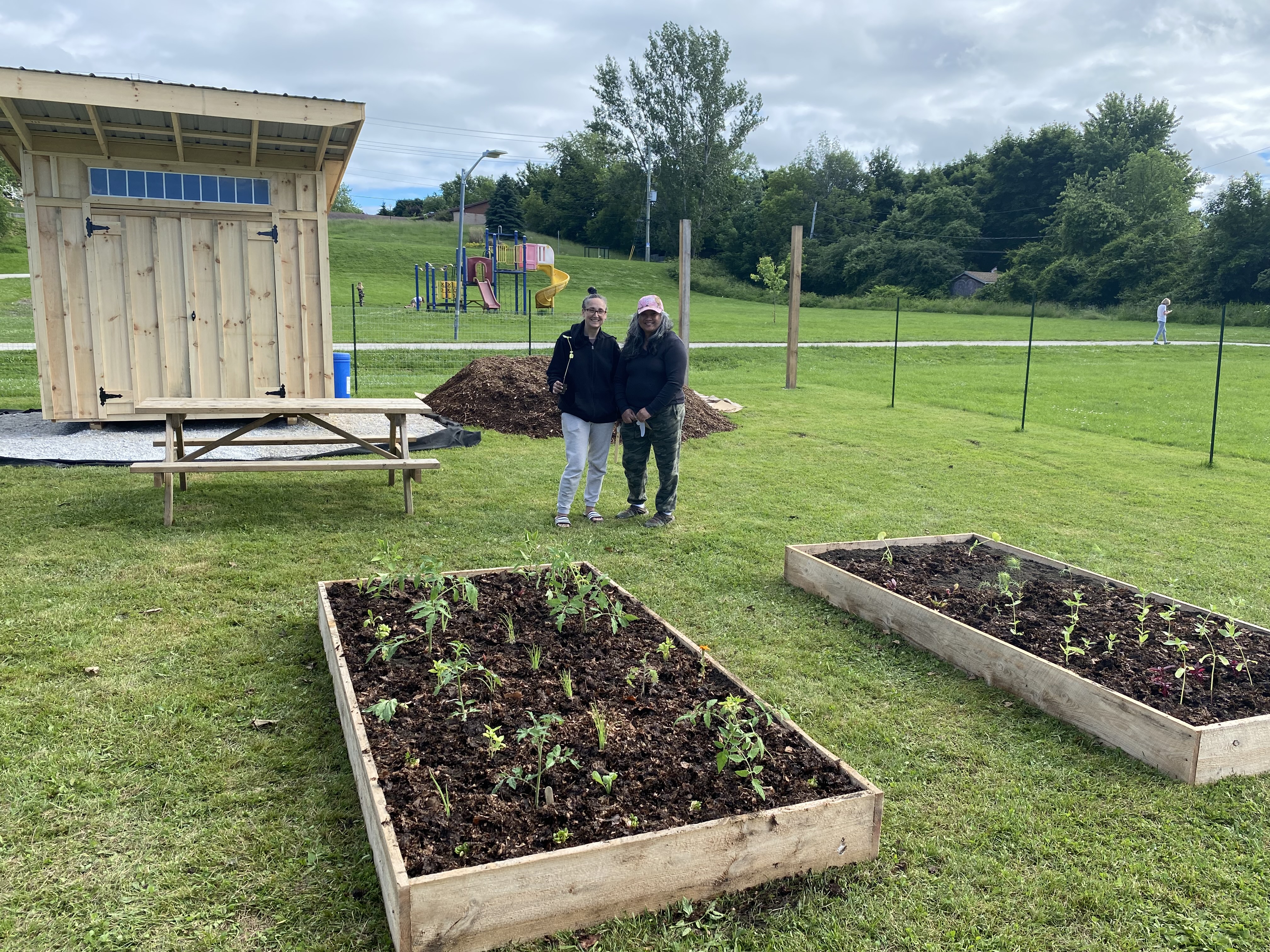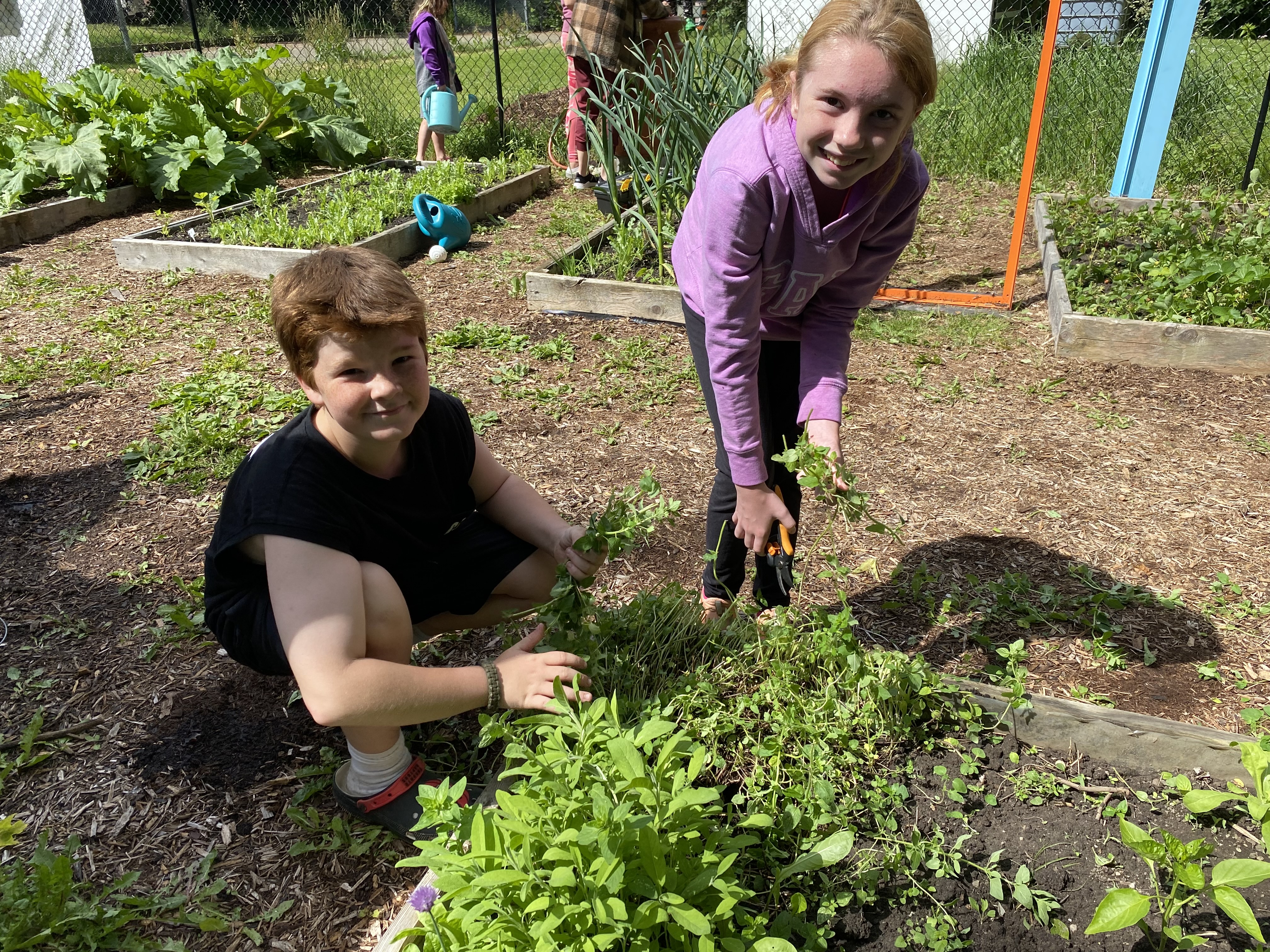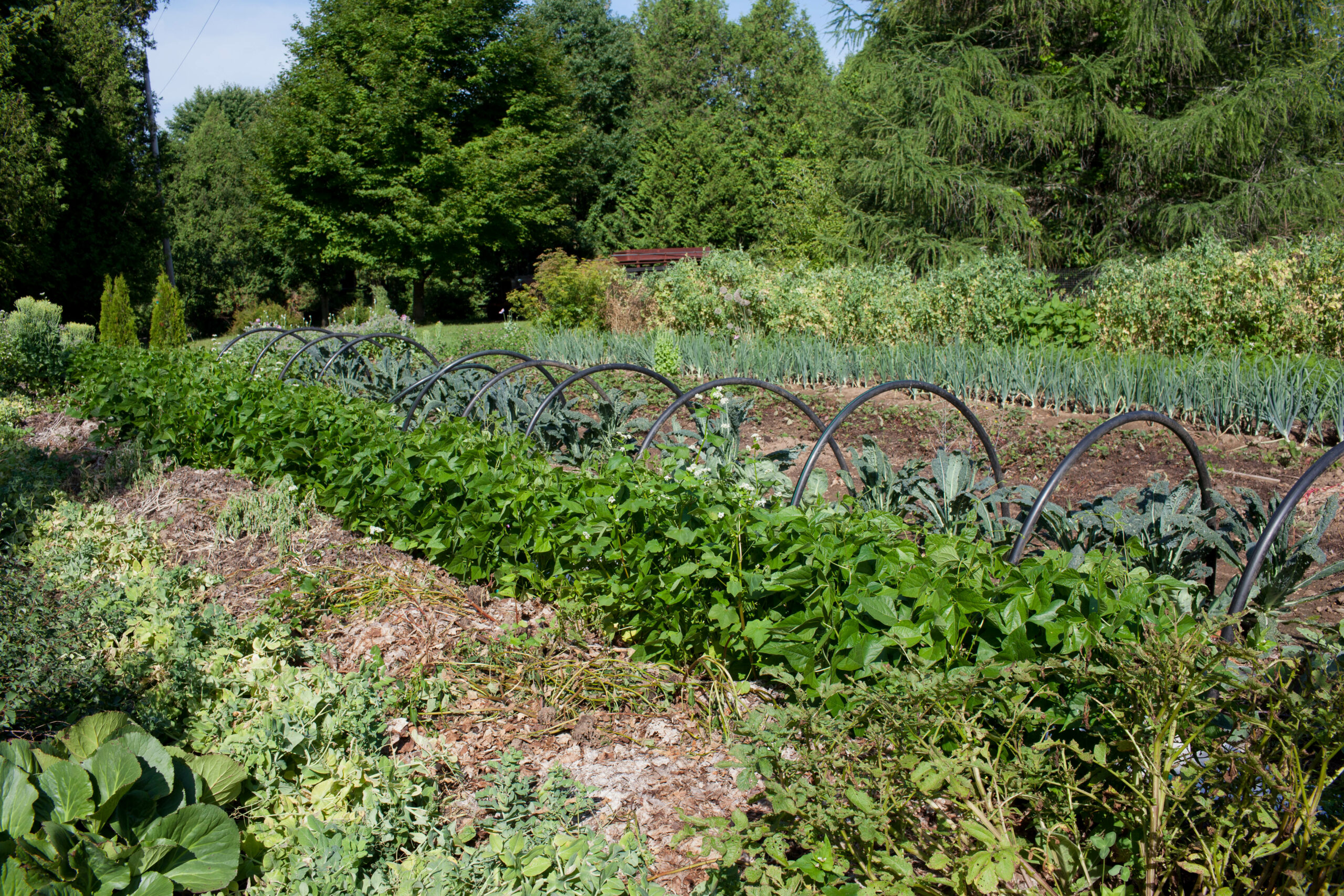Why We Love Community Gardens
It's no secret how we feel about community gardens at TSP: we love them a lot.
In today’s fast-paced world, it’s easy to feel disconnected from our food and our neighbors. But what if there was a way to reestablish that bond, promote sustainability, and build stronger communities—all in one go? Enter community gardens: the unsung heroes of urban green spaces and local sustainability. Community gardens are not just about growing vegetables, but about growing our connections with each other and with the environment. Community gardens are like little oases of green in our bustling cities. They transform open space, often unused, into thriving ecosystems where fruits, vegetables, and herbs can flourish. And this greenery isn’t just good for the soul; it’s important for the environment, too. They improve air quality and provide habitats for pollinators like bees and butterflies. But local food also helps cut down on the carbon footprint associated with transporting produce long distances.
One of the truly awesome features of community gardens is their role in promoting sustainable food practices. Growing your own food means you’re in control of what goes into it—no pesticides, no GMOs, just pure, homegrown goodness. Community gardens often use organic practices and composting to enrich the soil and reduce waste, making them a model for eco-friendly agriculture. But it’s not just about the food. These gardens make fresh produce accessible to more folks, especially in areas known as food deserts where grocery stores are scarce. Many community gardens share their bounty with local food banks and soup kitchens, ensuring that everyone can enjoy the benefits of homegrown vegetables and fruits.

Beyond their environmental and nutritional benefits, community gardens are incredible for building connections among people. These spaces bring together individuals from diverse backgrounds to work side by side. Whether you’re a seasoned gardener or planting your first seed, community gardens provide a common space to learn, share, and collaborate. After all, it's not just about planting seeds; it’s about planting relationships. Gardeners often exchange tips, recipes, and stories. Shared harvests and gardening workshops foster a sense of belonging and pride. In a world where social interactions can sometimes feel fleeting, community gardens offer a tangible, hands-on way to connect with others.
Community gardens are also excellent educational tools! They provide a living classroom for people of all ages to learn about plant biology, ecology, and nutrition. Kids can get their hands dirty and see firsthand how seeds turn into vegetables, making the concepts of science and sustainability come alive. For adults, these gardens offer a space to learn about organic farming techniques and the benefits of a locavore diet.

As we face the challenges of climate change and urbanization, community gardens offer a hopeful model for a more sustainable and connected future. They demonstrate that we don’t have to choose between environmental health and community well-being—they can go hand in hand. As such. community gardens often offer more than just a place to grow food: they are vibrant ecosystems of sustainability and connection. Yes, they teach us how to grow our own food but they also help us to learn how to reduce our environmental impact, and build lasting relationships with our neighbors.
So next time you pass by a community garden, take a moment to appreciate the little green miracles happening there—they’re cultivating much more than just plants.
Looking for a community garden in your area? Check out the Community Garden Network map or get in touch by email.

